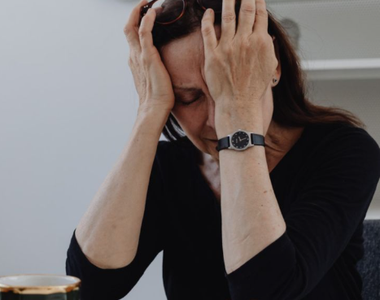
Adults will give all kinds of excuses for not apologizing, but few will articulate what is known as the 'operating dynamic'. Apologizing, in theory, is an act of submission.
Most people think that a person who asks for forgiveness is a person who submits to a superior force or authority of another person.
If you are an authoritarian type of parent, or even someone who feels ashamed to be wrong and thinks that another person will take advantage of your "delivery" and put you down (especially if that person is your 13-year-old son/daughter /e), then asking for forgiveness will never feel like the gracious, generous act that it really is.
Is asking for forgiveness a gracious, generous act? Of course. The problem is that people generally equate asking for forgiveness with losing something: perhaps their pride, or a dispute over who was right and who was wrong.
We continue to teach children to apologize for all the mistakes they may make. Forced apologies also remove the element of choice, as it is in a person's choice to apologize that genuine responsibility and remorse are expressed.
Children like it when their parents apologize, and not because they think they won and their parents lost. They love it because it is often one of the few acts of genuine respect expressed within families. He emphasizes that hierarchy, age, title or professional position have no bearing on whether or not a parent holds himself accountable for his actions.
How do we learn this different way of thinking and experiencing forgiveness? When we respond to our errors of judgment or behavior with generous expressions of regret, we invite others into a different world of relationships in which the dynamic between people regarding personal strength, trustworthiness, and honor is altered.
Mahatma Gandhi urged us to be the change we want to see in the world. In the abstract, it's hard to know how to apply his advice. But in the smallest details of everyday life, such as offering a sincere apology presents opportunities to appear differently. And there, more than anywhere, a little goes a long way.
Suggested articles:





